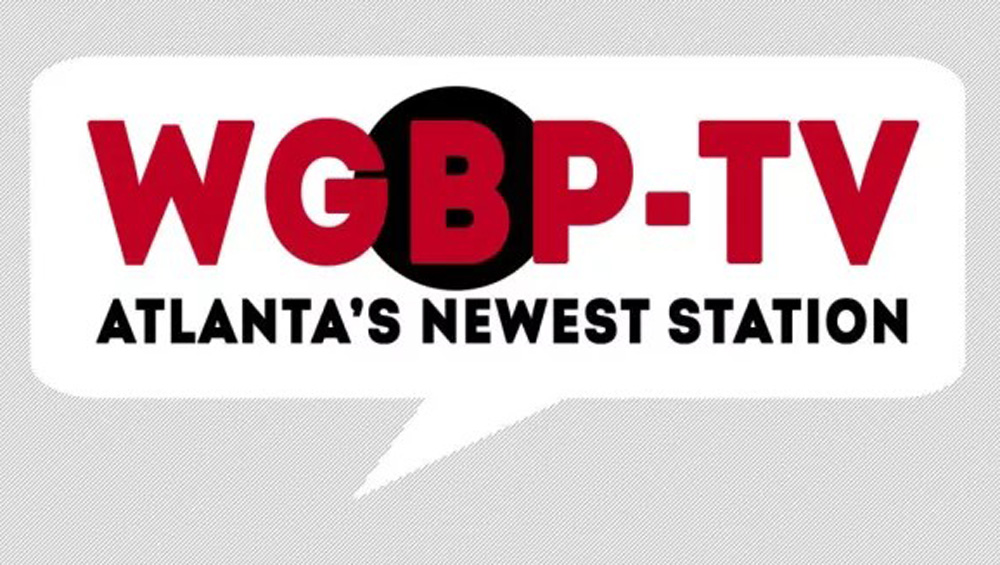
The FCC on Thursday handed WGBP Opelika, Ala., a victory in its attempt to maximize distribution by satellite TV provider Dish Network, which had claimed the station was trying to game the rules in a way that might encourage other stations to copy. Acting on the station’s must-carry complaint filed last December, the commission’s Media Bureau agreed with WGBP that it was legally entitled to far broader carriage than Dish was willing to grant.
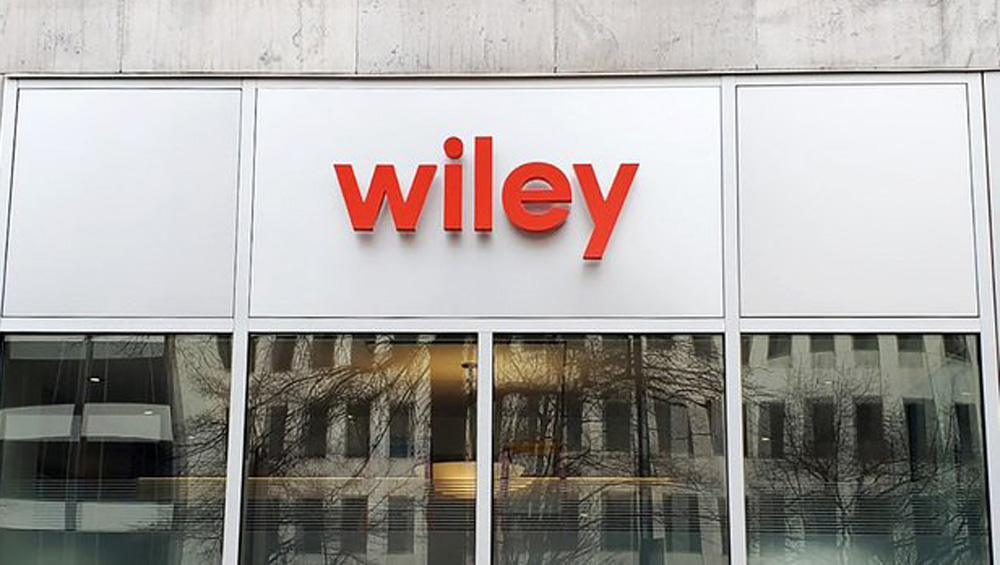
WGBP has deployed just about every legal argument possible in an effort to win a carriage dispute with Dish Network. Now the station is trying a little humor with the FCC’s Media Bureau staff to get across its point that Dish is blurring the meaning of regulations that are clear on their face. “While these interpretations are clear and unambiguous, Dish effectively asks the Media Bureau staff to stand on one foot, put on a pair of oversized sunglasses, and spin around five times, to try to find a different meaning,” said Wiley Rein lawyer Ari Meltzer, counsel for WGBP owner CNZ Communications, in a Jan. 5 filing with the commission.
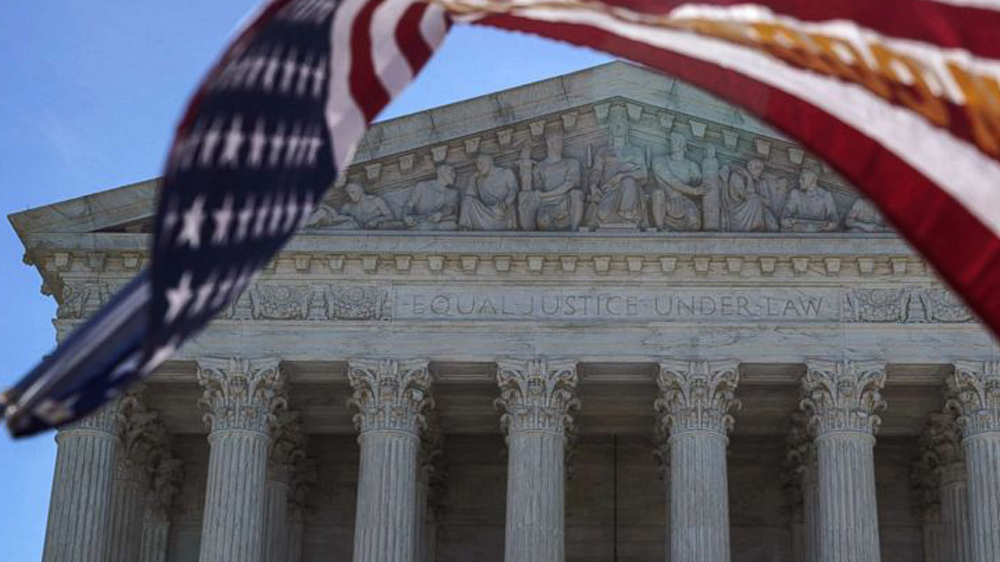
The Supreme Court has scheduled oral arguments on what tech companies are billing as their version of a challenge to “must-carry” laws, statutes that they say are unconstitutional threats to their First Amendment freedom. The high court’s decision could determine the future of social media and other edge providers to moderate their content.

The Opelika, Ala., NBC LX Home affiliate owner, CNZ Communications, has turned to the FCC to resolve a carriage dispute with Dish Network. Satellite TV providers like Dish have a legal obligation to carry local TV signals, but CNZ Communications claims Dish has declined to carry the station in all areas where WGBP believes it deserves distribution. Dish, by contrast, says it has met its legal requirements.
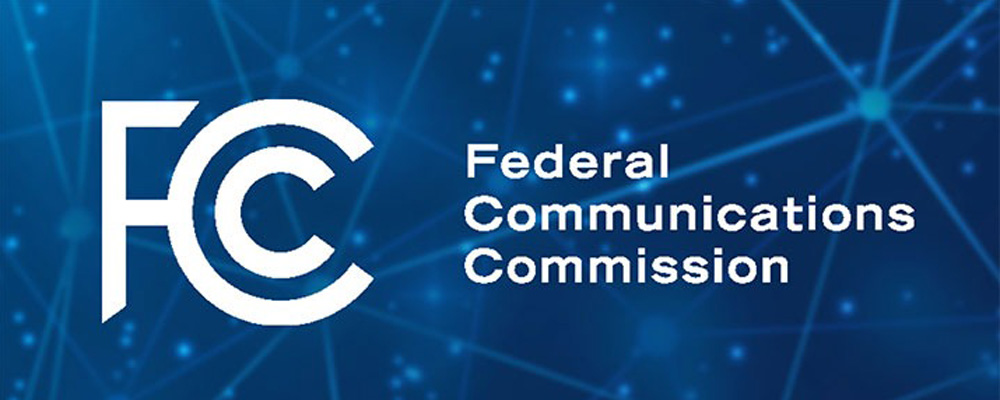
A religious broadcaster says new federal rules are needed for it to obtain carriage on streaming services like YouTube TV, Hulu + Live TV and Sling TV. One Ministries Inc. is turning to the FCC for help, claiming so-called virtual multichannel video programming distributors (vMVPDs) are neglecting its Christian-formatted KQSL San Francisco.
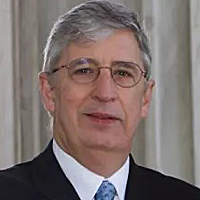
Walter E. Dellinger III was acting solicitor general in 1996-97 when he argued successfully in Turner Broadcasting System, Inc. v. FCC before the Supreme Court that the 1992 Cable Act’s requirement that cable operators reserve channels for local broadcast TV (must carry) was a content-neutral regulation of speech that served three important government interests: preserving free over-the-air TV, promoting a diversity of information sources and promoting TV competition. In a 5-4 decision, the court agreed. He was 80.
FCC Denies KMTP Dish Must-Carry Complaint
The FCC Media Bureau denied a must carry complaint the Minority Television Project filed against DISH last year after the satellite provider said it wasn’t required to carry the channel because its election notice was not sent via certified mail. The owner of noncommercial KMTP San Francisco sent its election letter via USPS Priority Mail.
Here’s a situation at the FCC worth watching as we could see similar requests down the line. Entravision has asked the agency to modify the TV market of WJAL after receiving $25.5 mlllion in the incentive auction to vacate the station’s original channel allocation in Hagerstown, Md.
 Come Jan. 1, Comcast will begin carrying the three Estrella TV stations in Houston, Denver and Salt Lake City that it dropped in 2015. That’s because station owner Liberman Broadcasting Inc. has selected must-carry status in the just-wrapped election cycle.
Come Jan. 1, Comcast will begin carrying the three Estrella TV stations in Houston, Denver and Salt Lake City that it dropped in 2015. That’s because station owner Liberman Broadcasting Inc. has selected must-carry status in the just-wrapped election cycle.
Reminder: ’17 Must-Carry & Retrans Elections
On or before Oct. 1, each full-power commercial television station must make an election between must carry and retransmission consent. In addition, although noncommercial TV stations do not have retransmission consent rights, they must send carriage notices to DBS (and other satellite operators) on or before Oct. 1 in order to obtain (or maintain) carriage on the satellite operator’s system.
Maybe so, says the General Accountability Office in a congressionally mandated study. A market-based approach to licensing broadcast programming to cable and satellite operators might be a better way, it says. If it works in the OTT world, why not cable and satellite, it asks. One sticking point is what to do with must-carry rules, which rely on the compulsory license.
The trade group says the FCC should impose the same basic regulations on online video distributors as they do on MVPDs. Among other things, that would include retrans and must-carry obligations.
Oct. 1 Is A Can’t-Miss Date For TV Stations
Few dates on the broadcasters’ calendar are easier to miss than the deadline for TV stations (and a few fortunate LPTV stations) to send their must-carry/retransmission election letters to cable and satellite providers in their markets. Because it doesn’t occur every year, or even every other year, but every third year, the triennial deadline can slip up on you if you. For those who haven’t been paying attention, Oct. 1 is the deadline for TV stations to send their carriage election letters to MVPDs.
 A new study commissioned by the National Association of Broadcasters, National Religious Broadcasters and the National Black Religious Broadcasters, finds that cable and satellite claims that must-carry is a burden are not valid and that their carriage capacity is not constrained by technological barriers.
A new study commissioned by the National Association of Broadcasters, National Religious Broadcasters and the National Black Religious Broadcasters, finds that cable and satellite claims that must-carry is a burden are not valid and that their carriage capacity is not constrained by technological barriers.
FCC Denies KSQA Must-Carry Complaint
The FCC has ruled that a must-carry station cannot expect to keep its channel number on a cable system based on its previous analog channel, but instead will be given a channel number from its new digital channel designation.
Extending Viewability Would Aid TV Diversity

The National Religious Broadcasters is urging Sen. Jim DeMint (R-S.C.) and Rep. Steve Scalise (R-La.) to drop their support for legislation eliminating must-carry regulations — a proposal the group claims could spell the ruin of many religious broadcasters.











































